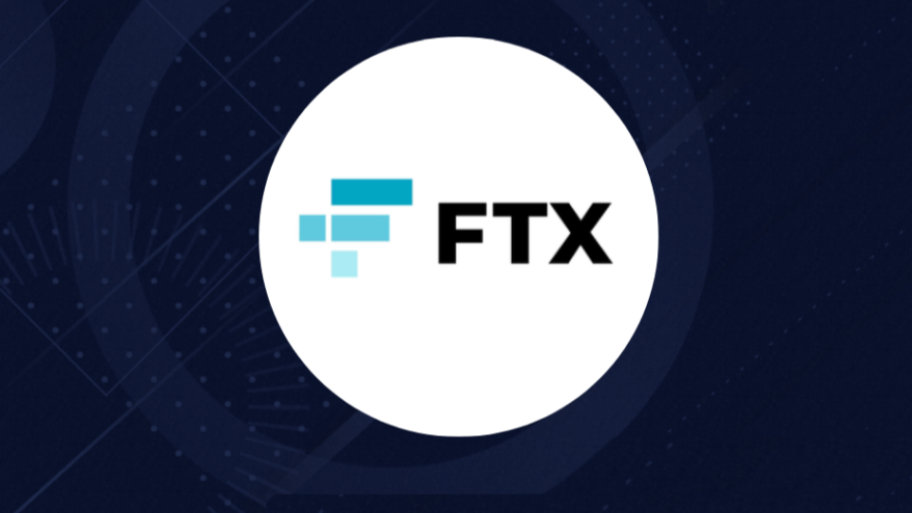JP Morgan is partnering with Mastercard to allow customers to pay using their bank account information instead of cards.
Pay-by-Bank is an automated clearing house (ACH) payment which uses Open Banking to allow customers to give permission for their financial data to be shared between trusted parties.
Mastercard also recently announced new partnerships with with Adobe, McAfee and Priority Pass.
Mastercard said that the Pay-by-Bank system will mean customers no longer need to type in account details each time they need to pay a bill.
The company added that merchants will also benefit, as consumer onboarding is automated. Mastercard says the risk and costs of storing bank account information are also reduced.
Pay-by-Bank is being trialled with US-based merchants, with the partnership aiming to expand the scheme to more locations in 2023.
Commenting on the news Max Neukirchen, head of payments & commerce solutions at JP Morgan Payments said: “We will offer an attractive, simple and secure Pay-by-Bank solution that gives choice to our clients and their customers who use ACH as their payment mechanism. This is part of J.P. Morgan Payments’ vision to accept any payment, anytime, anywhere.”
He added: “The technology behind Pay-by-Bank reduces the likelihood of unauthorised transactions and frees our clients from the need to retain — and the responsibility to securely maintain — consumer banking information.”
The move comes after JP Morgan unveiled plans to double the workforce of its UK digital bank Chase.
The online-only bank currently has 1,000 UK based employees.
Latest News
-
Gemini to cut quarter of workforce and exit UK, EU and Australia as crypto slump forces retrenchment
-
Bank ABC’s mobile-only ila bank migrates to core banking platform
-
Visa launches platform to accelerate small business growth in US
-
NatWest to expand Accelerator programme to 50,000 members in 2026
-
BBVA joins European stablecoin coalition
-
eToro partners with Amundi to launch equity portfolio with exposure to ‘megatrends’
Creating value together: Strategic partnerships in the age of GCCs
As Global Capability Centres reshape the financial services landscape, one question stands out: how do leading banks balance in-house innovation with strategic partnerships to drive real transformation?
Data trust in the AI era: Building customer confidence through responsible banking
In the second episode of FStech’s three-part video podcast series sponsored by HCLTech, Sudip Lahiri, Executive Vice President & Head of Financial Services for Europe & UKI at HCLTech examines the critical relationship between data trust, transparency, and responsible AI implementation in financial services.
Banking's GenAI evolution: Beyond the hype, building the future
In the first episode of a three-part video podcast series sponsored by HCLTech, Sudip Lahiri, Executive Vice President & Head of Financial Services for Europe & UKI at HCLTech explores how financial institutions can navigate the transformative potential of Generative AI while building lasting foundations for innovation.
Beyond compliance: Building unshakeable operational resilience in financial services
In today's rapidly evolving financial landscape, operational resilience has become a critical focus for institutions worldwide. As regulatory requirements grow more complex and cyber threats, particularly ransomware, become increasingly sophisticated, financial services providers must adapt and strengthen their defences. The intersection of compliance, technology, and security presents both challenges and opportunities.
© 2019 Perspective Publishing Privacy & Cookies













Recent Stories